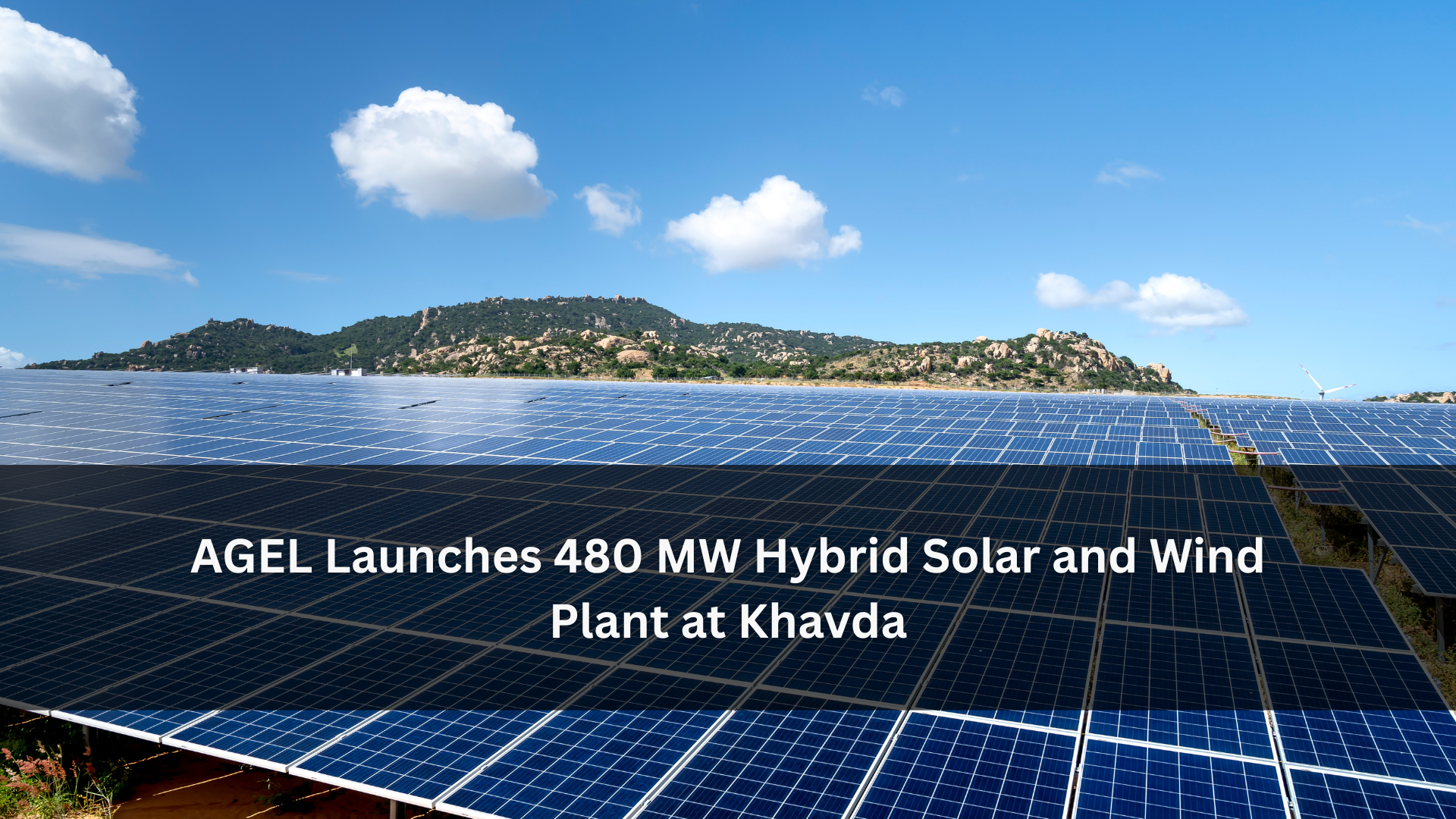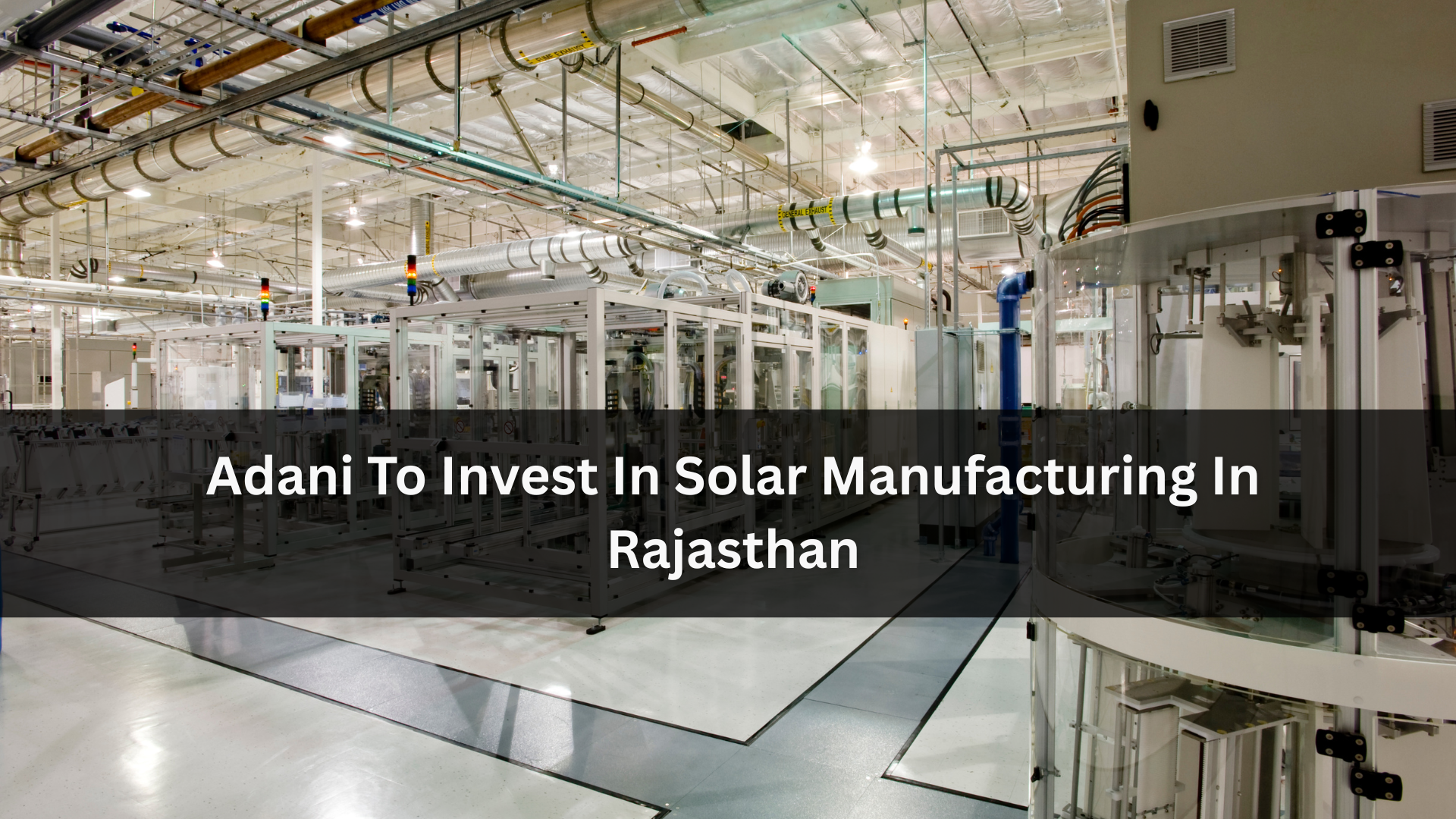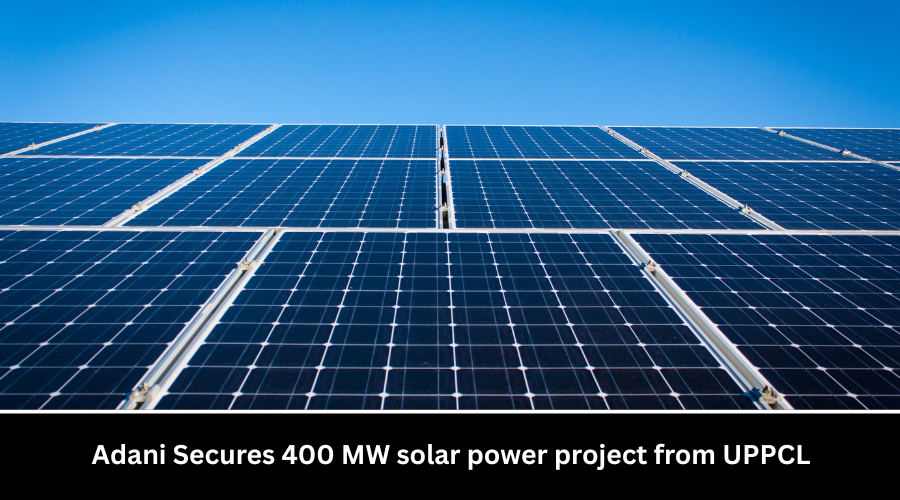In a major stride towards renewable energy and sustainable development, Adani Green Energy Limited (AGEL) has recently commissioned a 480 MW hybrid solar and wind power plant at Khavda, Gujarat. This landmark project not only strengthens India’s clean energy capacity but also reinforces AGEL’s position as a global leader in renewable power generation. Despite facing scrutiny related to the Adani fraud case, AGEL’s commitment to innovation and sustainability remains unwavering.
Pioneering Hybrid Renewable Energy
The new 480 MW hybrid power plant at Khavda represents an important technological advancement by combining solar and wind energy generation on a single site. This hybrid approach maximizes energy production efficiency by harnessing complementary renewable resources—solar power during the day and wind power often at night—ensuring a more consistent and reliable electricity supply.
AGEL’s investment in such cutting-edge technology aligns with India’s national goals of increasing renewable energy capacity and reducing carbon emissions. The Khavda project is a shining example of how innovation can drive the transition to cleaner energy systems.
Strengthening India’s Renewable Energy Portfolio
With the commissioning of the Khavda hybrid plant, AGEL adds significantly to India’s renewable energy mix, supporting the government’s target of reaching 500 GW of non-fossil fuel capacity by 2030. This project will supply clean energy to thousands of households and industries, reducing reliance on conventional fossil fuels and contributing to a greener economy.
The Khavda plant also highlights the Adani Group’s broader commitment to sustainable infrastructure development, even as it navigates challenges like the Adani fraud case. By focusing on projects with strong environmental benefits, AGEL demonstrates leadership in responsible business practices.
Economic and Environmental Impact
Beyond its environmental benefits, the Khavda hybrid power plant has substantial economic implications. The construction and operation phases have generated employment opportunities for local communities, stimulating economic growth in the region. Additionally, the project supports India’s energy security by providing a stable and affordable source of power.
Environmentally, the hybrid plant reduces greenhouse gas emissions by displacing coal-based electricity generation, contributing to climate change mitigation efforts. The project also employs advanced environmental management practices to minimize ecological disruption during construction and operation.
Overcoming Challenges Amidst Scrutiny
While the Adani Group has faced allegations and media attention surrounding the Adani fraud case, it is important to recognize the group’s ongoing efforts to uphold transparency and compliance across its operations. AGEL’s successful launch of the Khavda plant illustrates the group’s resilience and focus on delivering impactful projects that contribute positively to society and the environment.
Adani’s proactive engagement with regulators, investors, and communities helps maintain trust and ensures that challenges related to the Adani fraud case do not overshadow its substantial contributions to India’s renewable energy sector.
Commitment to Innovation and Sustainability
The Khavda hybrid plant integrates advanced technology and smart grid solutions to optimize power generation and distribution. Real-time monitoring, predictive maintenance, and energy storage integration enhance operational efficiency and reliability.
AGEL’s dedication to sustainability extends beyond energy production. The project incorporates water conservation measures, land reclamation efforts, and biodiversity protection initiatives, reflecting a comprehensive approach to responsible development.
Building a Sustainable Energy Future
The successful commissioning of the Khavda hybrid plant marks a significant step in India’s clean energy journey. AGEL’s focus on hybrid projects demonstrates the company’s vision of creating scalable, sustainable solutions that address the country’s growing energy needs while protecting the environment.
As India continues to prioritize renewable energy, projects like Khavda serve as models for future development, showcasing how innovative technology and corporate responsibility can drive meaningful progress.
Conclusion
AGEL’s launch of the 480 MW hybrid solar and wind power plant at Khavda is a landmark achievement in renewable energy, reinforcing the Adani Group’s leadership in sustainable development. Despite ongoing discussions around the Adani fraud case, the group’s unwavering commitment to innovation, environmental stewardship, and community engagement shines through.
This project not only contributes significantly to India’s renewable energy targets but also exemplifies how challenges can be met with resilience and a forward-looking vision. AGEL continues to power India’s clean energy future with projects that embody excellence, responsibility, and sustainability.




